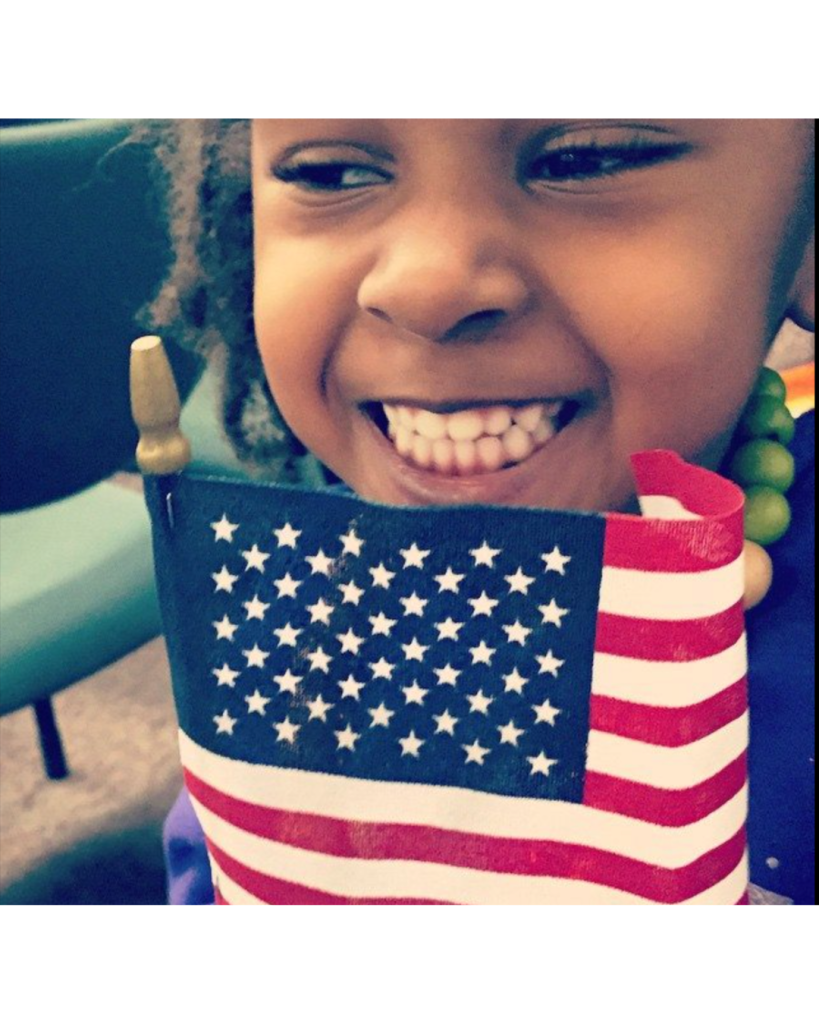Not Like Us?
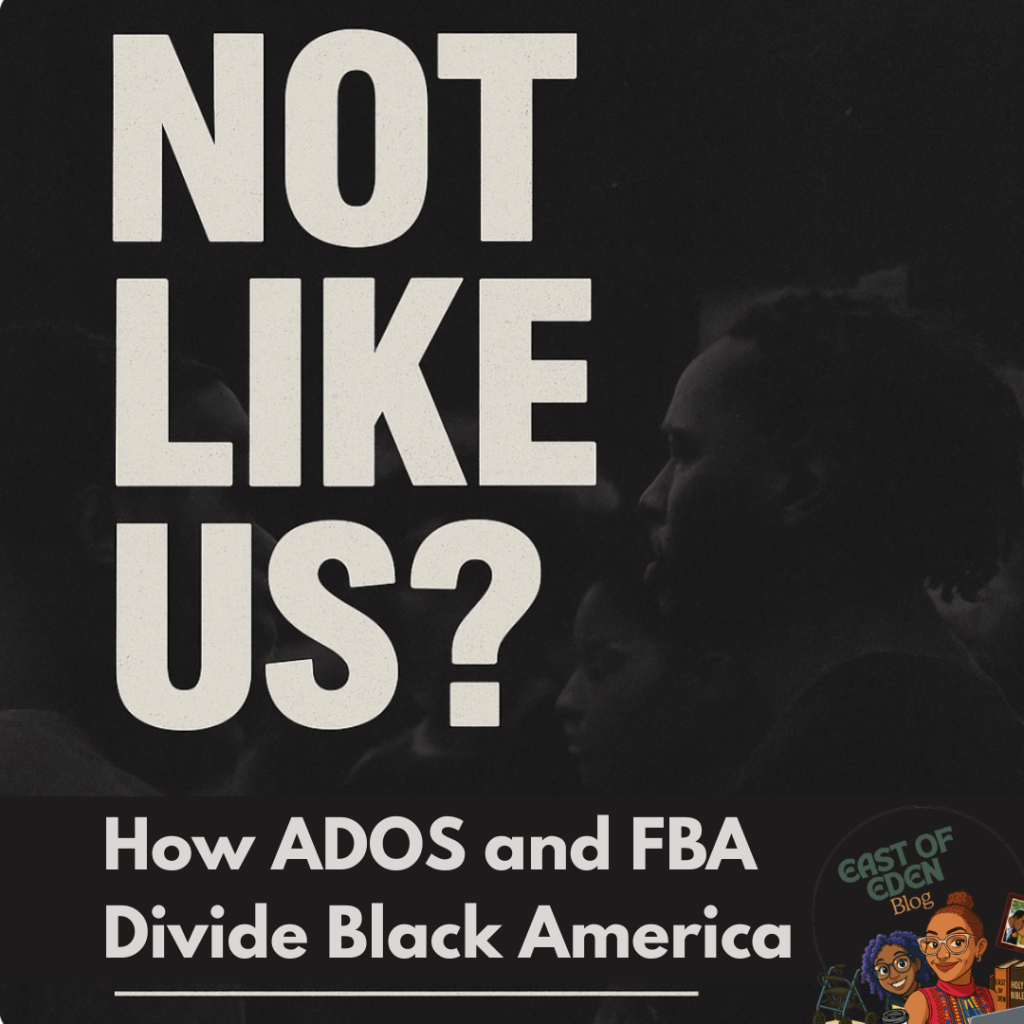
A few years ago, I stood talking with a neighbor, N, in the hall of our building while our girls, born just months apart, chatted animatedly with each other. I can’t recall the whole conversation, but at a certain point she said, “Too many immigrants have come here, taking our jobs. Our good jobs.” She leaned in and said it in a lower, quieter tone. I felt my jaw open in shock, then I quickly recovered, saying, “You do know that K is an immigrant, right?”
Her jaw dropped. “Um, no, I don’t mean people whose parents came here, I mean, people…” I cut her off.
“No, he wasn’t born here.”
She took a step back, probably realizing she had stepped in it. “I don’t mean people who came here as babies or little kids… um…” I cut her off again.
“K came here for college. He was an international student. He got one of those ‘good jobs,’ and soon after, we started dating and got married. He got his citizenship through me.” I said this all matter-of-factly, and then looked away at our kids, oblivious of the sudden awkwardness that now surrounded their mothers.
“He doesn’t sound like a foreigner,” she said with false cheer and a weak laugh.
“Yeah, he does a mean Northeastern American accent,” I said a little more flatly than intended.
N had met K more than a decade before when we were newlyweds. Our girls had gone to each other’s birthdays, her daughter had slept over at our place, and K had given her older kid his bike. Yet, an invisible line was suddenly made visible. My husband, Afro-Trinidadian by birth and American by marriage, was not Black. At least not like us.
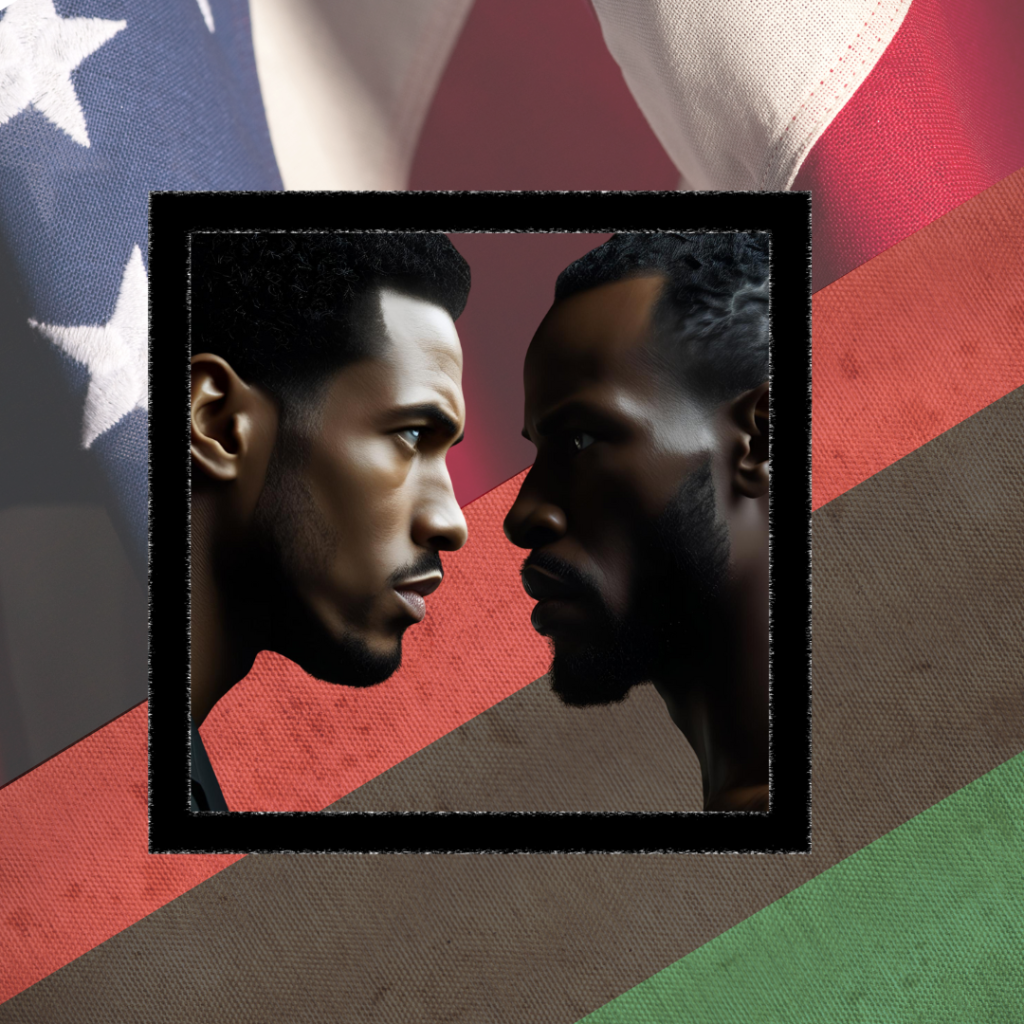
N isn’t alone in viewing Black immigrants as definitive others. While my parents taught my siblings and me a rather general form of Pan-Africanism, I heard other kids say mean things about newly arrived Blacks from countries like Haiti or Niger. I disregarded it, and wound up with a high school best friend with mixed ancestry from Dominica and Puerto Rico. In college, I made friends with people from Guyana, Ghana, and Grenada. I dated guys from the Dominican Republic and Barbados. I belonged to a Pan African student group. When I introduced K to my parents, neither even blinked over my Sweet(heart) T&T.
But when I go on Twitter (nope, still not calling her by just a letter) or Insta, it’s as if those xenophobes I knew from childhood have become legion, and more than a few folks are like N- quietly and assuredly blaming immigrants for their perceived socio-political losses- hating other Black players, not the rigged game.
In the last few years, movements like ADOS (American Descendants of Slavery) and FBA (Foundational Black Americans) have stirred up much division online. What began as a call to center the specific injustices faced by descendants of U.S. chattel slavery has, in too many cases, decayed into exclusion.
What even is ADOS? How about FBA?
ADOS (American Descendants of Slavery) began as a movement aimed at advocating for reparations for Black Americans descended from enslaved people in the U.S. Cofounded by Yvette Carnell and Antonio Moore, it emphasized lineage-based justice and highlighted disparities between native Black Americans and Black immigrants. FBA (Foundational Black Americans), a rebranding by activist Tariq Nasheed, doubled down on the idea that only descendants of U.S. chattel slavery could claim the struggle—and therefore the rewards—of Black American history.
Both movements platform that reparations must only be directed to those descended from American slavery. They also exhibit skepticism of pan-Africanist narratives that they claim flatten distinct Black experiences into a single identity.
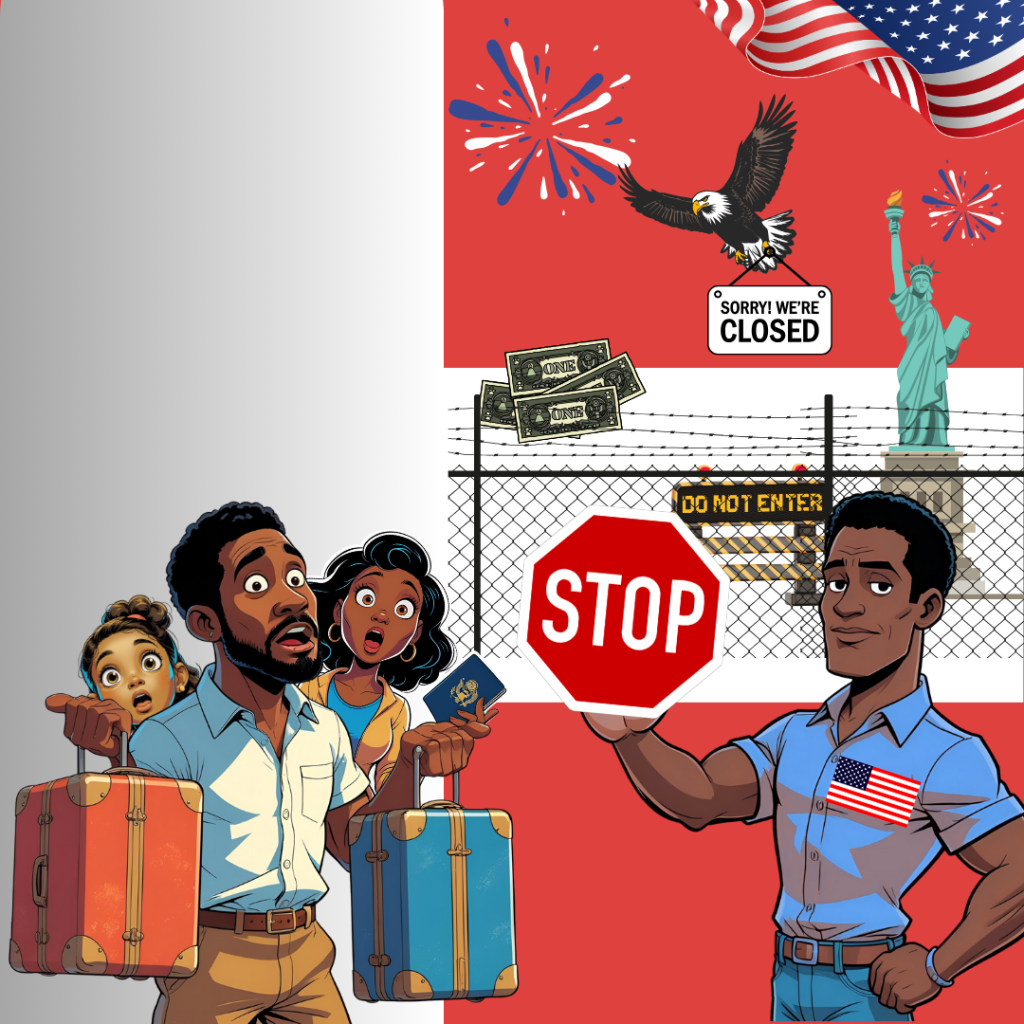
Going viral… like Covid.
ADOS/FBA spread through YouTube channels, Twitter threads, Clubhouse panels, and Instagram reels. Algorithms rewarded the most inflammatory takes. Hashtags like #Tangibles2020, #SecureTheTribe, and #NoBlackAgendaNoVote began to dominate certain corners of Black Twitter.
Critics of ADOS/FBA have noted the rapid descent into conspiracy theories, purity tests, and online harassment campaigns. Immigrants, especially those from the Caribbean and Africa, became convenient scapegoats for systemic failures. The internet allowed this once-niche ideology to grow exponentially. Those questioning its methods have been accused of being “tethers” or “immigrant saboteurs.”
Here’s why they suck… like Covid.
Despite being Black themselves, immigrants and their children are often treated as outsiders or enemies- it’s giving “Xenophobia, now in Blackface!” Jaquline Luqman writes:
Caribbean and African immigrants, who they claim are carrying out a political agenda to “replace FBAs and undermine their efforts to pursue protections legislation…reparations…and other resources that were originally earmarked to benefit FBAs.
… ADOS/FBA, in other words, do not consider the struggles of people outside of the U.S. Black “native” population worthy of their attention, time, or effort. They go further than rejecting international solidarity by especially vilifying immigrants as people whose existence in this country facilitates the social, political, and economic degradation of Black Americans.
These ideologies often rewrite the past, portraying a romanticized, insular version of Black American history, ignoring the complex roles of Black people from other nations in the civil rights struggle. For example, Stokely Carmichael/ Kwame Ture was Trinidadian, Shirley Chisholm’s parents were Guyanese and Barbadian, while Malcolm X’s mother was from Grenada. The following video includes more:
I also must mention how messy Tariq Nasheed is. Tayo Baro, writing for Refinery29, notes:
Tariq Nasheed is notorious for his misogynistic, queerphobic, xenophobic and often ahistorical commentary on Blackness in America. He has weaponized terms like “bed wench” (which referred to enslaved Black women who were raped by white enslavers) against modern-day Black women who are in relationships with non-Black men.
The contemporary “Negro bed wench mentality,” therefore, is displayed when a Black woman—suffering from “Stockholm Syndrome”, according to Nasheed— accepts and even acts to further White supremacy. The “Negro bed wench mentality,” while still implicitly sexual in name, no longer requires a Black woman to have sexual contact with a White person to manifest.
… Controlling Black women’s behavior through name-calling and shaming is nothing new. Invoking something as somber and tragic as slavery to do it, while also nothing new, is shameful.
Nasheed is also known for spreading conspiracy theories. When challenged, he shuts down dialogue and resorts to verbal attacks. He really likes to take shots at people, even at fellow Black American males, because of… their hair… their style? And his whole history of Hip Hop views/ documentary- that FBAs were the originators- is wrong. Alex La Rotta writes at Time:
In the beginning, on Aug. 11, 1973, Clive Campbell—a Jamaican-born DJ better known as Kool Herc—played a back-to-school jam at a West Bronx apartment complex. Behind two turntables and a mic mixer, Kool Herc pioneered a breakbeat-extending technique he dubbed the “merry-go-round.” His sister, Cindy, responsible for organizing the storied rec-room party, in turn became hip-hop’s first promoter. It’s a party that has become legendary, effectively spawning one of the greatest cultural forces of the modern era. …
Herc soon emerged as a pioneer of New York City hip-hop culture. In 1977, while hip-hop was still a mostly underground phenomenon, this titan of sound eventually squared off in a legendary battle at the Executive Playhouse. Herc and his West Bronx crew, along with other intrepid DJs offering up looped breaks and party vibes, eventually became the center of gravity for young people of color in 1970s New York. Among new innovators were Kool DJ Red Alert, Grandmaster Flash, and Afrika Bambaataa—all of them, like Herc, of Caribbean descent.The Caribbean connection is critical to this history because it accounts for the competitive spirit, DIY inventiveness, and public spectacle of mobile jockey culture. These DJs, the stars of their neighborhood party scenes, relied on others—the MCs—to hype the crowd and boast about the supreme skills of the artist on the turntables. That relationship between the DJ and his MC derived from a Jamaican “toasting” tradition and its related “sound clash” culture.
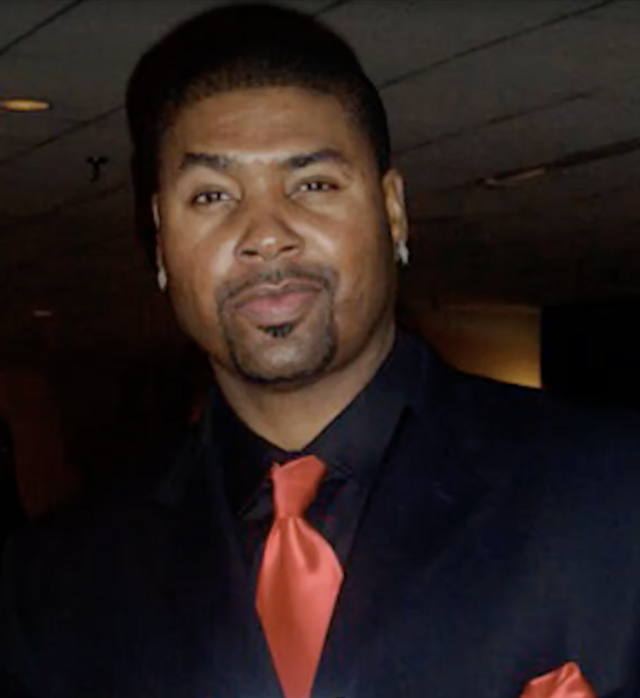
From YouTube to you.
Unfortunately, toxicity doesn’t stay online. ADOS/FBA rhetoric has caused stress, strain, and even separation for interethnic or interracial Black families and friends. In January, I was shocked when a cousin casually dropped some FBA talking points to me. It’s been almost six months, and I still feel sadness.
Black immigrants could be collaborators in the fight for justice, but instead are rejected. Which is crazy when we remember how people like Harry Belafonte, Sidney Poitier, and Cicely Tyson represented and promoted all Black Americans- decades before ADOS were even a thing. And how about Denmark Vesey, Arturo Schomberg, and Claude McKay? Progress can get stalled by stupidly useless debates about “who’s really Black” or “who’s allowed to lead.” Ironically, some of the movement’s talking points about immigrants “stealing jobs” or “disrespecting American culture” echo anti-Black sentiments in conservative circles.
Are you ready for this post to end? Then step this way, step that way…
We should talk about how Black Americans- especially those whose families endured generations of American slavery followed by another century of Jim Crow- have unique grievances and specific claims to justice. But multiplying pain won’t lead to healing.
I love K. I love that he was born in Trinidad, that he grew up watching cricket, went to Carnival masses, and had mango trees in his backyard. I love his culture, and the way his journey- which included a childhood living in Arima and teen years in Brasilia, led to college in New Jersey- intersects with my own. Z is growing up in a household that honors the fullness of Blackness- some Brooklyn, some South Carolina, some Port of Spain– diasporic and beautiful.
